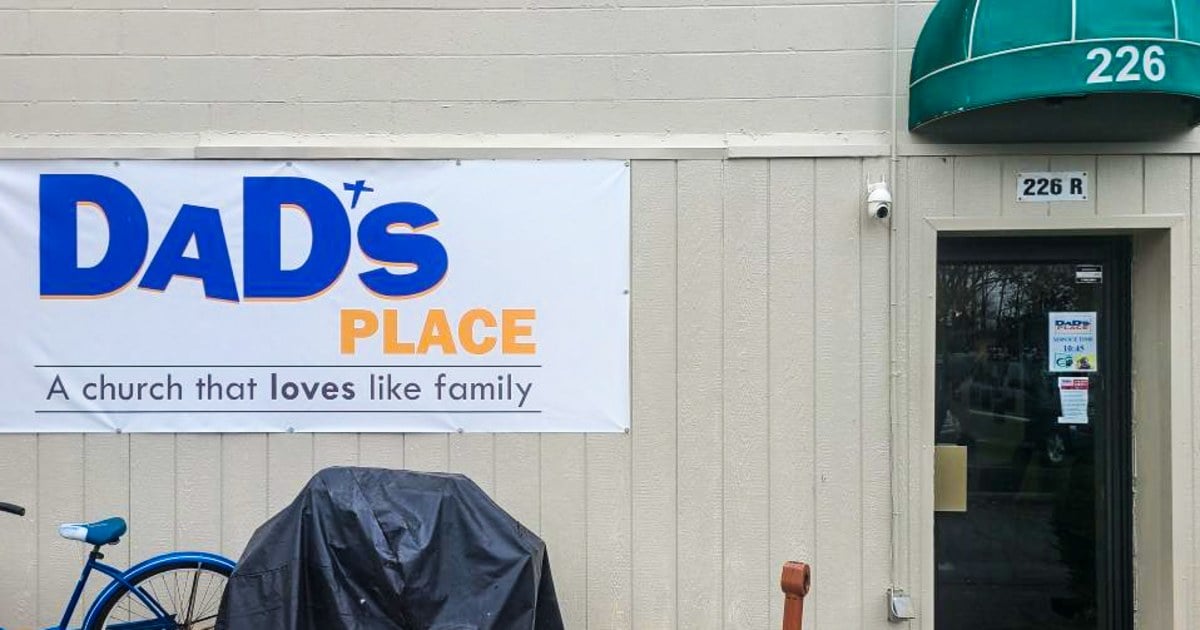The suit, filed Monday, accuses the city and its officials of launching a harassment campaign against Dad’s Place, a church in Bryan, for keeping its doors open 24/7 for the homeless.
An Ohio pastor who was charged with zoning violations for housing people experiencing homelessness has filed a federal lawsuit against the city of Bryan and its officials.
Earlier this year, Pastor Chris Avell decided to keep the doors of his church, Dad’s Place, open 24 hours a day, seven days a week, to reach out to the city’s most “vulnerable.” Bryan is a small city of about 8,600 people, 65 miles west of Toledo.
In December, Avell was hit with 18 zoning violations by the city, which claimed he had violated a city ordinance that says residents can’t stay on the first floor of that property. Further, the local fire chief found a slew of fire code violations at the church.
Avell pleaded not guilty to the charges at his Jan. 11 arraignment, according to online court records.
Now he’s suing the city, claiming discrimination on the basis of religion and claiming city officials have launched a harassment campaign against the church.



How is that term better than “homeless people”
I think the logic is that the latter is saying that being homeless is part of who they are as a person, whereas the former sees them as regular people who are currently experiencing homelessness. It’s like how people are shifting away from saying “drug addict,” and saying things like “person addicted to drugs” or saying “undocumented” instead of “illegal” as it’s less dehumanizing.
It’s a small, subtle difference, but I get it.
This is it exactly. It’s known as “person-first” or “people-first” language, and it’s a way to be kind toward people with how one uses words. Not a bad habit to get into.
It isn’t, unhoused is the best I’ve heard personally.
Both makes it clear that the problem is housing and acknowledges that the “homeless” often do have homes of a sort.
The phrase is trying to emphasize that being unhoused is a temporary condition that can be remedied but it’s just too unwieldy in conversation to do anything but annoy people.
deleted by creator